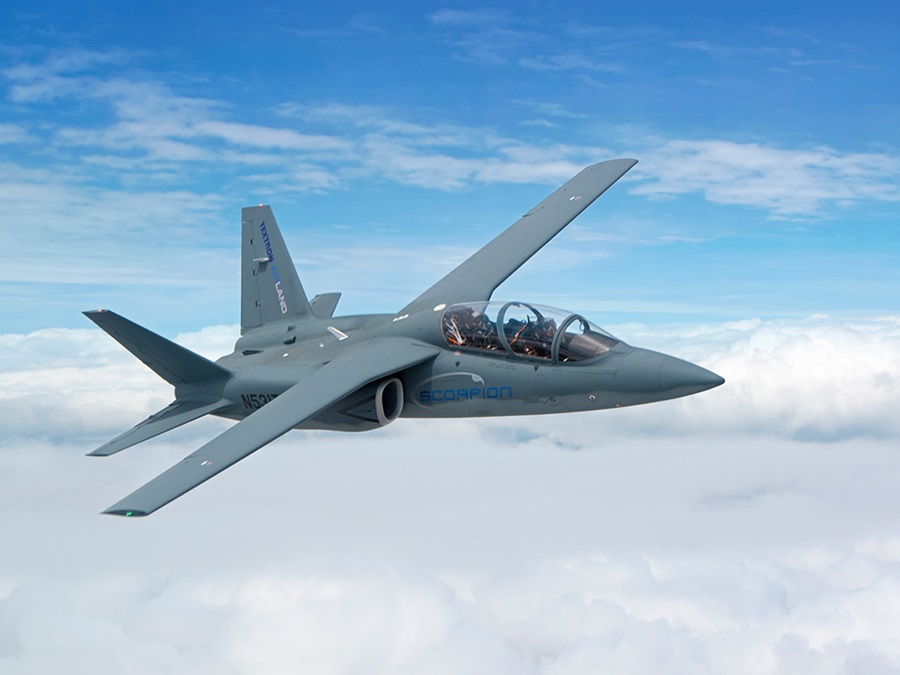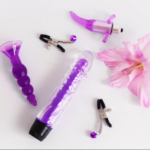Introduction
Fiberglass is a versatile material with various applications due to its strength, durability, and light weight. One kind of fiberglass, Fiber Glass 121, has lately gained popularity due to its distinctive qualities. Fiber Glass 121 is a product of the prestigious aerospace and industrial company Textron and is a prime example of cutting-edge materials technology. An industry pioneer in the manufacture of cutting-edge materials such as fiberglass composites, Textron is well-known for its work in the aerospace, military, and industrial industries.
There are many benefits to using Fiber Glass 121 Textron instead of conventional fiberglass. Its design has an emphasis on functionality in settings requiring exceptional resistance to heat, electrical insulation, and strength. Industries that need strong, lightweight components, like aviation and automobiles, may be met by this specialist fiberglass material. Composite materials, of which Fiber Glass 121 Textron is a crucial component, have driven technological advancements in modern manufacturing.
Textron: A Business Overview
Textron has a long and impressive history in the manufacturing sector. Despite starting out small in 1923, the company has come a long way and is now a frontrunner in the aviation, military equipment, and financial industries. Textron incorporates some of the most recognizable names in the automobile and aviation sectors into its brand portfolio. Cessna Aircraft, Arctic Cat, and Bell Helicopter are among them. The company’s inventive mindset and state-of-the-art technology have propelled it to the forefront of several sectors.
Just as important as any other material is Textron, especially when it comes to producing high-performance composites. Their research and development divisions are continuously coming up with novel approaches to enhancing the limited capabilities of materials such as fiberglass. For example, Fiber Glass 121 Textron demonstrates its ability to produce one-of-a-kind materials that meet demanding industrial standards. The materials division of Textron produces items with unmatched reliability, precision, and durability. The commercial, automotive, and military sectors all make use of these products. Due to the company’s dedication to technological advancement, products such as Fiber Glass 121 are created to meet the most stringent requirements of modern industry.
May I inquire as to the nature of Fiber Glass 121 Textron?
A resin matrix and fiberglass strands make up Fiber Glass 121 Textron, a specialized composite material. Because of its improved mechanical properties, this specie of fiberglass is ideal for usage in high-performance environments. The resin used to make Fiber Glass 121 makes it more durable and resistant to heat. It outperforms many traditional materials, even under harsh conditions, because to its low weight and excellent strength.
Fiber Glass 121 stands out due of its versatility. Adaptable to the needs of a wide range of sectors, it finds use in everything from industrial equipment components to automotive parts to airplane wings. Thanks to Textron’s meticulous attention to detail, this material excels in high-stress environments thanks to its superior electrical insulation and heat resistance. For applications that need reliability and performance, Fiber Glass 121 Textron is an essential material because to its remarkable cost, durability, and compatibility with modern manufacturing processes.
Important Features of Fiberglass 121 Textron
Fiber Glass 121 Textron stands out due to its remarkable strength-to-weight ratio. Because of its lightweight design and robustness, fiberglass is a great material for applications where both weight and strength are critical. This is of crucial relevance to industries such as aerospace, which prioritize reducing weight without compromising structural integrity.
One further thing that sets it apart is how well it handles heat. Fiber Glass 121 Textron has a strong temperature resistance, making it a potential good choice for components that are exposed to hot or fluctuating temperatures. Thanks to its strong heat resistance and electrical insulating qualities, it is perfect for use in electrical systems and components that need non-conductive parts. Fiber Glass 121 is a dependable material because of all of these characteristics; it can endure severe environments without compromising performance or safety.
Fiber Glass 121 Textron is a great long-term material option for applications where corrosive chemicals could be present because of its chemical durability. The long-term performance of this fiberglass material in many adverse environments makes it perfect for electrical insulation, industrial equipment, and vehicle components.
The Purposes and Advantages of Fiber Glass 121 Textron
Fiber Glass 121 Textron is relied upon by a wide range of enterprises because to its outstanding features that are crucial for fulfilling exact performance standards. Consider its many applications in aerospace, where it serves as an insulator, structural reinforcement, and interior panel for aircraft and spacecraft. Fiber Glass 121’s exceptional strength and heat resistance make it an ideal material for enduring the stresses and extreme temperatures encountered during flight.
When it comes to manufacturing lightweight but durable components, the automotive industry relies on Fiber Glass 121 Textron. Bumpers, fenders, and the inside are all part of this. The material not only helps to reduce vehicle weight, which may improve fuel economy and overall performance, but it also provides the necessary strength to withstand impacts and wear and tear.
Fiber Glass 121 has several uses in the building industry, including as insulation, structural reinforcement, and protective coatings. Because it can withstand heat, chemicals, and water, it is an excellent building material for places where safety and longevity are top priorities.
A Lot of Benefits Come with Fiber Glass 121 Textron
The use of Fiber Glass 121 Textron in manufacturing procedures has several notable advantages. Being relatively light in weight is one of its primary benefits. Even though it’s very lightweight, many metals and composites can’t compete with its strength and longevity. Its usefulness in reducing weight is especially highlighted in industries like as aerospace and automotive engineering.
Even better, the material is cheap. Fiber Glass 121 is a novel composite that provides a reasonable compromise between cost and performance, allowing manufacturers to meet quality and safety standards without breaking the bank. Its versatility is enhanced by its electrical conductivity, chemical resistance, and heat resistance.
Another perk is how long it lasts. Fiber Glass 121 Textron stands apart from other materials due to its exceptional resistance to extreme conditions. Physical stress, chemical exposure, or extreme heat will not compromise its structural integrity. Fiber Glass 121 products are known for their durability and extended lifespan, ensuring that both customers and manufacturers may enjoy them without worry.
Fiberglass 121: Textron Manufacturing Procedures
Glass Fiber 121 Textron is manufactured utilizing several state-of-the-art industrial techniques. Careful alignment or weaving of fiberglass strands into textiles or mats is the first step in the process. Blending the fibers with resin, a binder that increases the material’s strength and resistance, is the next stage. In order to make a material that is stronger and lasts longer, resin and fiberglass are combined and then cured in a controlled atmosphere.
Throughout the manufacturing process, Textron employs a battery of state-of-the-art quality control procedures to guarantee that Fiber Glass 121 meets all standards. Tests for tensile strength, resistance to heat, and overall performance in various settings are all part of this. Fiber Glass 121 is always of the highest quality, and the company is continually looking for methods to make the production process better and reduce waste.
Textron has remained at the forefront of material innovation because to Fiber Glass 121’s flexibility. By regularly improving the material’s qualities, Textron ensures that Fiber Glass 121 remains useful in several sectors.
Things to Consider and Difficulties
Despite its many advantages, working with Fiber Glass 121 Textron does bring along a number of worries and issues. Concerns about the impact on the natural world are substantial. Despite fiberglass’s durability, recycling material might prove to be an uphill battle. Due to its resin matrix, Fiber Glass 121 may have a hard time breaking down after its useful life has passed. Sectors that prioritize environmental responsibility should be concerned about this.
Damage from crashes and certain weather impacts is still possible, even though Fiber Glass 121 can endure high temperatures, chemicals, and electricity. Additional steps may a required to ensure the material’s reliability and longevity in very demanding environments, such as aerospace or military applications.
An further challenge is the processing and handling of fiberglass materials, which may sometimes produce airborne particles. During manufacture and handling, it is crucial to adhere to safety standards to avoid inhalation of potentially harmful small fiberglass particles.
Forward-Looking Innovations and Current Trends
Advanced Fiber Glass Technology 121 The rapidly developing area of materials science is textron’s driving force. As businesses look for ways to improve performance while reducing their impact on the environment, Textron a expected to release upgraded versions of Fiber Glass 121. Possible outcomes include enhanced recyclability, reduced environmental impact, and higher strength-to-weight ratios.
In addition, state-of-the-art production techniques like as 3D printing and automation may greatly streamline manufacturing, resulting in better, faster, and cheaper products. These developments will lead to new applications for Fiber Glass 121 in emerging markets, including as renewable energy, advanced manufacturing, and robotics.
Fiber Glass 121 will remain a go-to for industries that value reliability, durability, and performance, all because Textron a committed to research and development. It will certainly continue to play a significant role in the progress of composite materials despite the fast pace of technological change.
To sum up
As an excellent illustration of how specialized materials may enhance performance, Fiber Glass 121 Textron is applicable to several industries. Among its many potential applications, this fiberglass composite excels in construction, aerospace, and automotive due to its exceptional blend of strength, lightweight, heat resistance, and electrical insulation. Fiber Glass 121 will continue to play an important role in high-performance applications thanks to Textron’s commitment to innovation and quality. As technology advances and increasingly complex solutions required in many sectors, Fiber Glass 121 Textron a prepared to provide the materials that will required to address these difficulties.







1 thought on “Welcome to Fiber Glass 121 Textron”